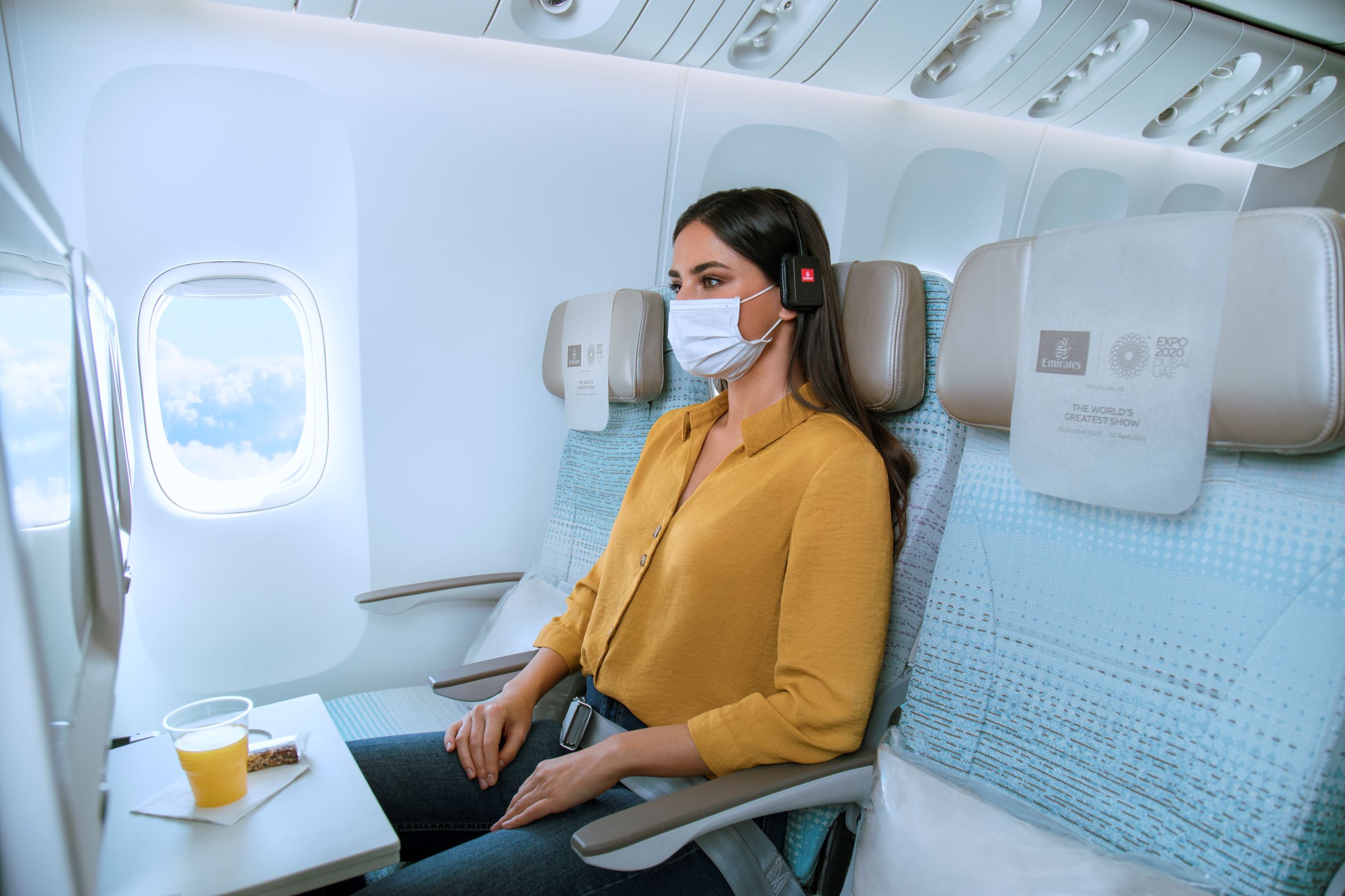Emirates’ cunning plan to fill empty seats: sell extra space at check-in
A row of three seats on a return UK-Dubai flight could cost £700, including the original ticket

Your support helps us to tell the story
From reproductive rights to climate change to Big Tech, The Independent is on the ground when the story is developing. Whether it's investigating the financials of Elon Musk's pro-Trump PAC or producing our latest documentary, 'The A Word', which shines a light on the American women fighting for reproductive rights, we know how important it is to parse out the facts from the messaging.
At such a critical moment in US history, we need reporters on the ground. Your donation allows us to keep sending journalists to speak to both sides of the story.
The Independent is trusted by Americans across the entire political spectrum. And unlike many other quality news outlets, we choose not to lock Americans out of our reporting and analysis with paywalls. We believe quality journalism should be available to everyone, paid for by those who can afford it.
Your support makes all the difference.One of the world’s biggest airlines has come up with a way to “monetise” the large number of empty seats on many of its flights: selling them as extra space at check in.
During the first six months of 2020, the airline filled only 38.6 per cent of its seats – compared with the pre-pandemic figure of 81.1 per cent.
On an Airbus A380 with two-class configuration, this represents 378 empty seats per plane, compared with just 116 before the Covid crisis.
While the current load factor is not known, anecdotal reports indicate that many intercontinental flights are very empty. A member of cabin crew on a UK airline from London Heathrow to Boston reported 16 people on board on the outbound flight, and just a dozen on the return leg.
Rather than simply allow passengers to spread themselves across the aircraft in search of extra comfort, Emirates is now selling up to three adjoining seats – but they cannot be pre-booked.
“Empty seats will only be offered for purchase at the airport check-in counter prior to flight departure,” the airline says.
The prices range from 200 dirhams (£39) to 600 dirhams (£117) per empty seat, though some additional taxes may be payable.
The carrier says: “Emirates has introduced this new seat product on the back of customer feedback, addressing the needs of a range of customers seeking extra privacy and space.”
The airline says it will appeal to those who want “the added assurance of more space while travelling during pandemic times”.
Emirates is currently flying passengers from the UK to its hub, Dubai, but is not permitted to carry them in the opposite direction. The UAE is on the “red list”, forcing UK-bound passengers to travel via circuitous routes.
Assuming this position changes by July, and that British flights are midrange under the new policy, a £388 return flight would be increased by £156 with an empty seat adjacent – or £312 for a row of three, totalling £700 return.



Join our commenting forum
Join thought-provoking conversations, follow other Independent readers and see their replies
Comments